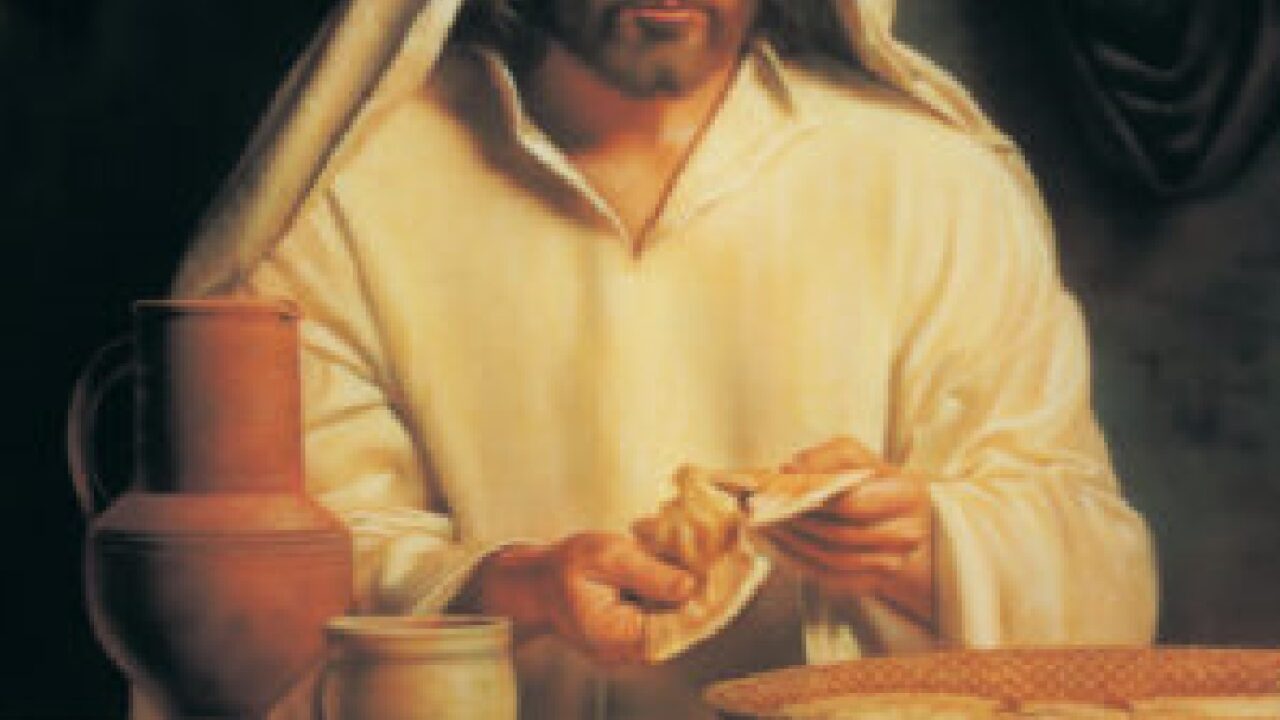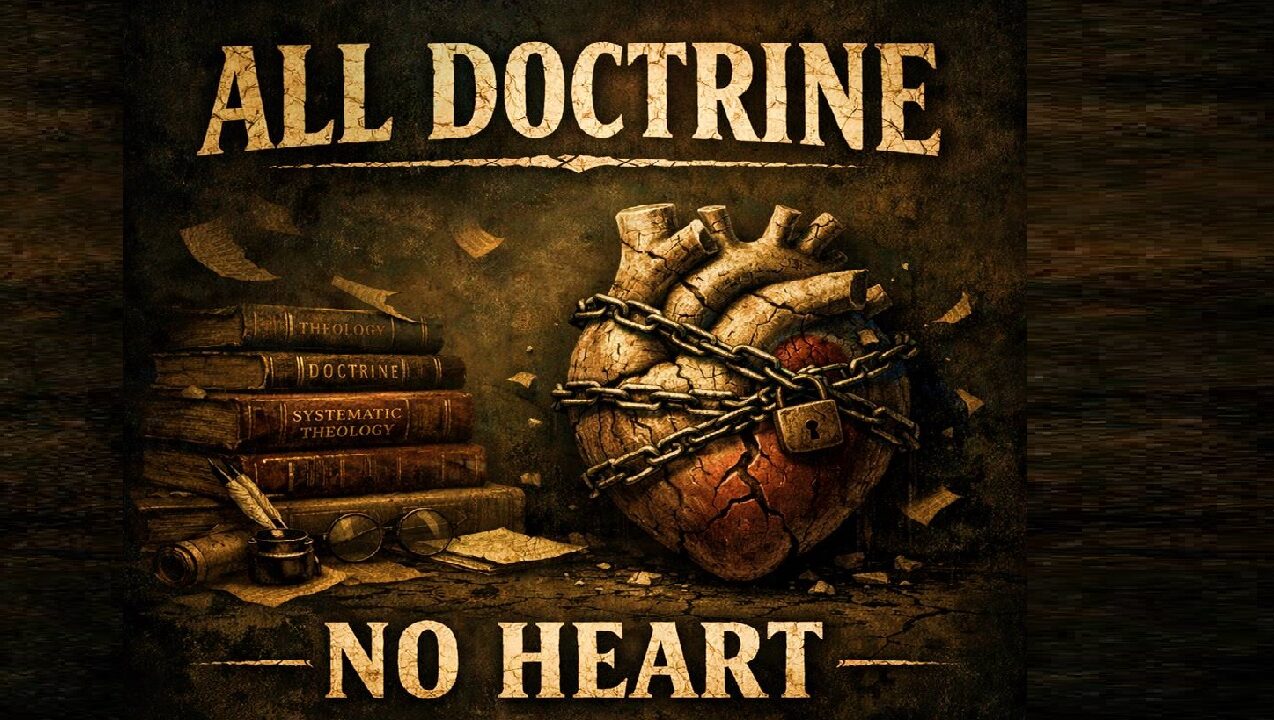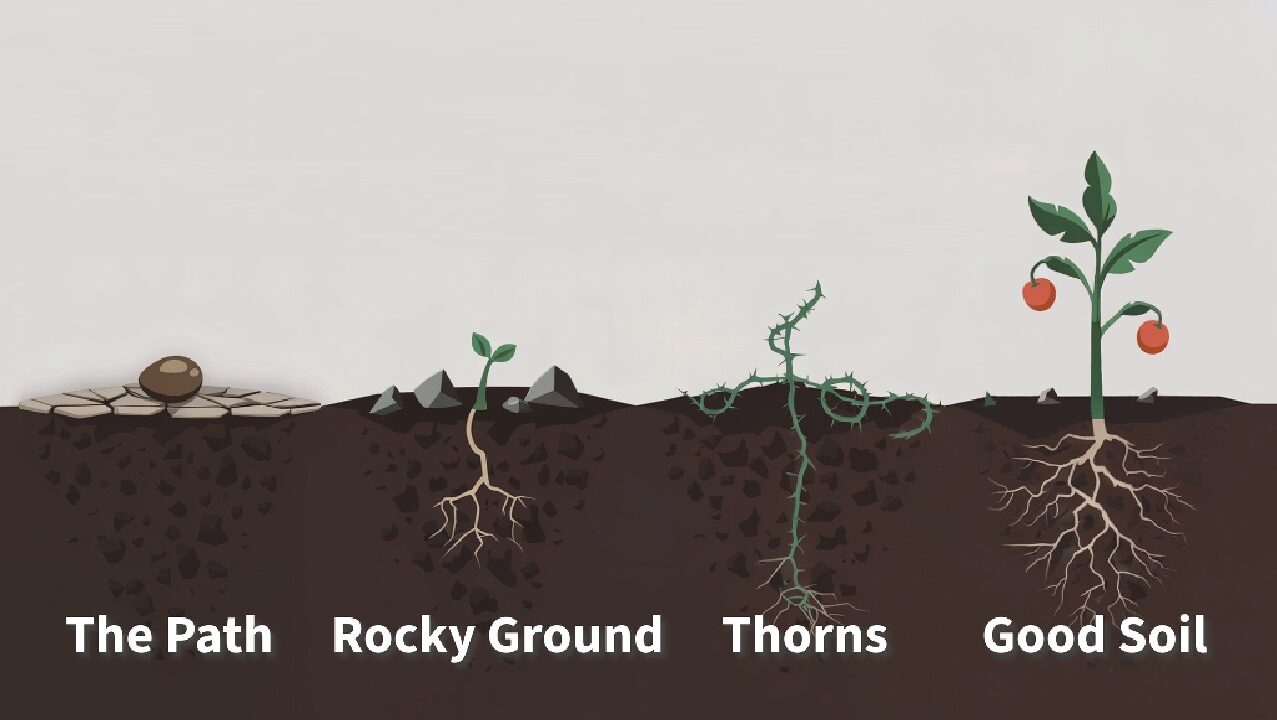Many believe that Jesus had to keep the Law of Moses (the Old Covenant), and that his death was the New Covenant. Many even believe that Jesus kept the Old Covenant while teaching the New Covenant. This is based partly on a misunderstanding of texts like Hebrews 9:17:
“For a covenant is valid only when people are dead, for it is never in force while the one who made it lives.” In order to explain this text we must:
But we must first, explain why other translations read “will” or “testament” instead of “covenant.” And second, go back to the Gospels to what Jesus himself did and said.
Will vs. Covenant
There are 2 main reasons why “covenant” is the right translation:
1. The first is context because “Context is king!”
The Greek word diatheke, appearing almost 20 times throughout Hebrews alone, always means “covenant,” either the first or new covenant;
2. In those days a will/testament could be given out before someone’s death. We have a clear NT in the parable of the prodigal son:
“The younger one said to his father, ‘Father, give me my share of the estate.’ So he divided his property between them” (Luke 15.12).
Therefore, it makes better sense to read covenant instead of will in Hebrews 9.17.
What did Jesus do and say?
In his last Passover meal Jesus symbolically ratified, i.e., confirmed his NC ministry by saying:
“This is my blood of the covenant” (Matt. 26:28; Mark 14:24).
“This cup is the new covenant in my blood, which is being poured out for many” (Luke 22.20).
Jesus clearly means that the blood (his death) ratifies the New Covenant and not that his death alone is the New Covenant. The fact is that any covenant consists of words and not just the shedding of blood, i.e, the death of the one who made it.
Later in Luke 22 Jesus says to the 12 Apostles:
“I covenant to you, just as my Father covenanted to me, the Kingdom, so that you may eat and drink at my table in my Kingdom, and you will sit on thrones judging the twelve tribes of Israel.”
The noted British theologian and minister G.B. Caird rightly noted that:
“The word translated appoint [by others] is really a verbal form of the word for covenant. As God has made a covenant with Jesus, entrusting the kingdom to his keeping…so Jesus in turn makes a covenant with the twelve and through them with the Church that is to be…They will exercise authority (judging has here its Old Testament sense of ruling).”
Earlier in Luke 16.16 Jesus had said:
“What was written in the Law of Moses and the prophets lasted until John the Baptist. From then on the Gospel about the Kingdom of God is being proclaimed.”
The point is that the New Covenant is defined by the preaching of the Gospel about the coming Kingdom of God on earth. And this New Covenant beganwith the ministry of both John the Baptist and Jesus (who Malachi prophesied as messengers of this covenant). So, it is their words that make up the new covenant. This means that the New Covenant did not begin when Jesus died (as is popularly believed and taught)!
The blood of Jesus, i.e., his death, is the ratification of the New Covenant because “forgiveness only comes through shedding of blood” (Heb. 9:22). The Hebrews writer later alludes to this Old Covenant precedent in Hebrews 9:18-22. I like the way the Contemporary English Version paraphrases Hebrews 9:22:
“The Law says that almost everything must be sprinkled with blood, and no sins can be forgiven unless blood is offered.”
Throughout the New Testament we see Jesus, the New Covenant messenger, practicing what he’s preaching. For example, he went around healing ritually unclean Jews and even Gentiles (who the Jews by default considered sinners). And when accused of breaking the Sabbath, Jesus explicitly says in John 5:17: “To this very day My Father is working, and I too am working” — i.e., working on the Sabbath! The writer John goes on to say that Jesus was “breaking the Sabbath” in John 5.18!
Also, in Matthew 12 some of Jesus’ followers are accused of breaking the Sabbath. Yet Jesus himself justifies their actions by comparing them to the Temple priests “who break the Sabbath yet are innocent”:
“Haven’t you read in the Law of Moses that the priests are allowed to work in the temple on the Sabbath? But no one says they are guilty of breaking the law of the Sabbath” (Matt. 12.5, CEV).
Like Jesus, his disciples were not sinners because they were no longer to be bound by the Old Covenant Law of Moses.
Like any good teacher Jesus expected his listening audience to do what he was saying, i.e., not to wait until after he died!
Luke 6.46: “Why do you call me, ‘lord, lord,’ and do not do what I say?”
John 14.21: “If you love me, you will do what I have said, and my Father will love you.”
With this evidence in mind, we can better understand the meaning of Hebrews 9.17:
“For a covenant is valid only when men are dead, for it is never in force while the one who made it lives.”
Barnes’ Notes on the New Testament says that the phrase “in force” means “is ratified, or confirmed, in the same way as a deed or compact is confirmed by affixing a seal.” So, the covenant (which consists of words) is ratified by the death and is not ratified while the one who made it lives.
The Hebrews writer goes on to prove this interpretation by using Moses and the first covenant as an example (Heb. 9:18-22). In Exodus 24 the blood of animals effectively sealed, ratified the covenant at Sinai. Yet, back in Exodus 19 after Moses first spoke the words of that covenant, the people all answered together, “All that the Lord has commanded we will do!” (Ex. 19:8). The point is that the blood later sprinkled was not in and of itself the covenant at Sinai, any more than Jesus’ blood was the New Covenant. Instead, each covenant consists of words, and the blood ratifies or confirms the covenant.
Here’s an analogy: The ratifying blood is like a signature on a document, but no one would put their signature on a blank document, i.e., a document without any words! Again, the blood simply represents the ratifying, i.e., the seal of the covenant that had already been established. In the case of the New Covenant, it was established by the words of both John and especially the Messiah, as Hebrews 9 repeatedly says:
16b “the death of the one who made it” [i.e., the covenant].
17b: “while the one who made it [i.e., the covenant] lives.”
So, we must ask the right question.
Yes, Jesus was indeed born under the Law of Moses.
Yes, Jesus was circumcised and before his ministry kept the Sabbath, food laws, etc.
But the question is: Did Jesus continue to keep the whole Law of Moses during his ministry? In other words, did Jesus keep the Old Covenant while teaching the New Covenant?! If so, then Jesus clearly was not practicing what he was preaching, and we suggest that this is an impossible view.
Instead let us follow the Messiah who was both modeling and teaching New Covenant Christianity!




